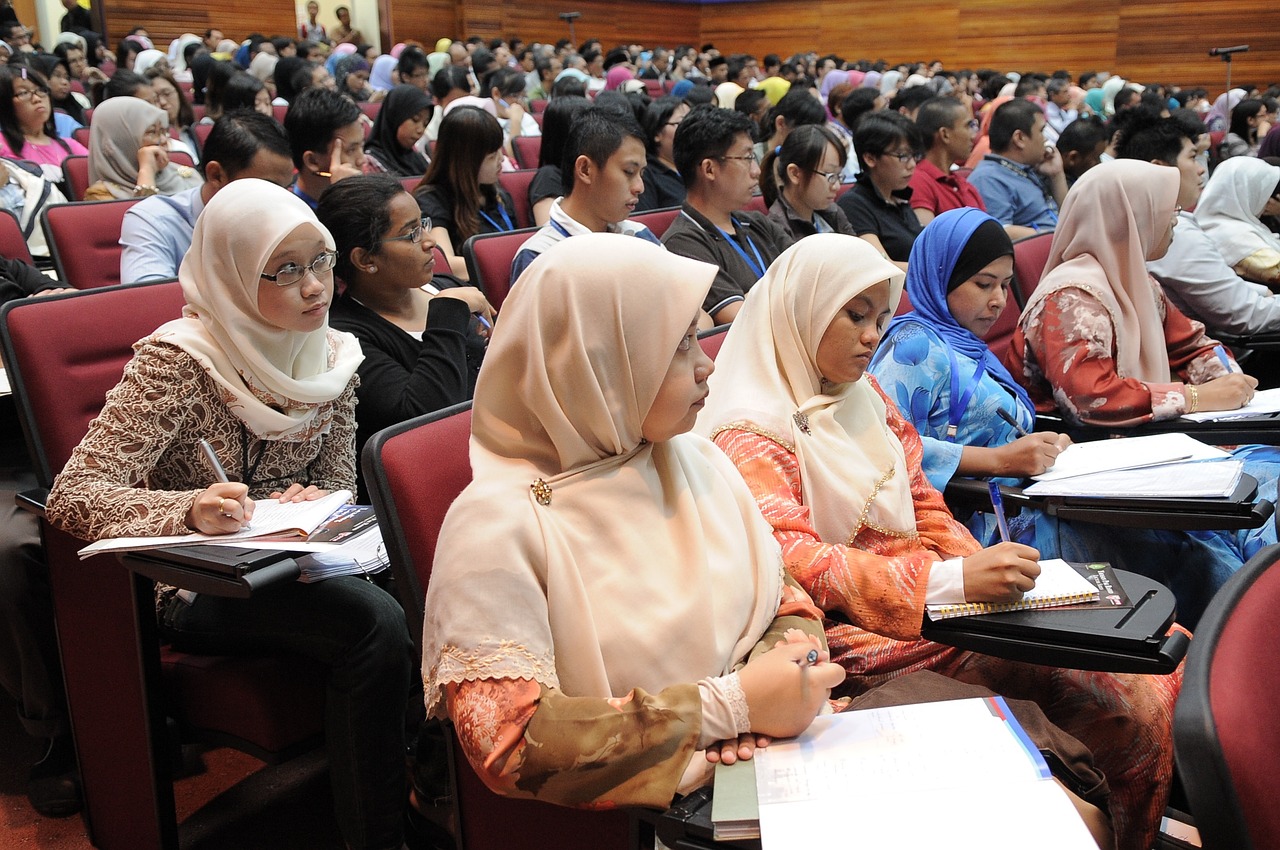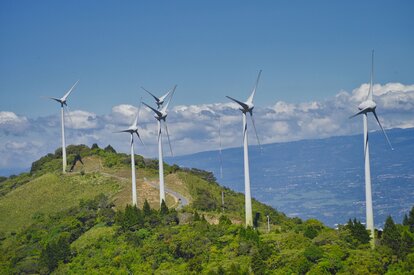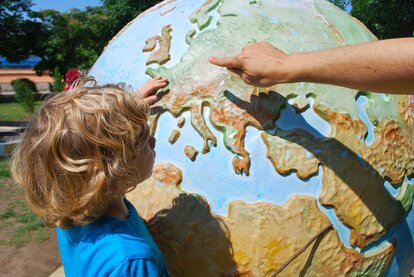Investment
The Global Gateway will strengthen ties between the two shores.

The Global Gateway is a platform for large-scale investments that will provide the backbone of the Mediterranean region, which brings together 21 countries from Europe, the African Mediterranean coast and the Asian Mediterranean coast.
This is an important nucleus of nations with a considerable outlet to the sea and which have a strategic geographical location, not only commercially, but also geopolitically and geoeconomically.
The EU has opened the tap on investment in search of detonating and boosting new sectors in expansion and intends to do so through the Global Gateway without discriminating between regions because one of its missions is to reverse the global investment deficit. And it is already doing so with Latin America and the Caribbean and intends to do the same with the vast Mediterranean region.
A mosaic with its own complex problems but which, nevertheless, represents a series of opportunities for the immediate future, as is the case of the European Mediterranean coast formed by: Spain, France, Monaco, Italy, Slovenia, Croatia, Bosnia and Herzegovina, Montenegro, Albania, Greece, Malta; there is also the African Mediterranean coast rich in natural inputs, especially gas and oil but also in rare earths as is the case with Egypt, Libya, Tunisia, Algeria, Morocco; and then there is the Asian Mediterranean coast in which the economic growth of Turkey, Israel and Cyprus stands out. While Syria and Lebanon face their own internal challenges.
In Brussels, headquarters of the EU, they consider that this region of the Mediterranean has a wide potential in green recovery, digital advances, sustainability and inclusion policies.
Hence, the Global Gateway is one of the European Commission's big ideas to mobilize 300 billion euros to boost smart, clean and secure links in the digital, energy and transport sectors and to strengthen health, education and research systems at a critical time of climate transformation.

What is the Global Gateway?
It is a plan guided by six core principles:
- Democratic values and high standards.
- Good governance and transparency.
- Equal partnerships.
- Green and clean projects.
- Security.
- Encouragement of private sector initiatives.
The European Commission, through its President Ursula Von der Leyen, stresses primarily the need to find "reliable partners" to design sustainable and quality projects to ensure that they will be implemented in a transparent manner.
But it is not only sustainable projects oriented towards the energy sector, there are also educational projects and those aimed at strengthening the health sector, including for the production of vaccines. The EU itself points out that it supports resilient countries.
With the Global Gateway, investments will be made for the African Mediterranean coast under the Quality Education for All program; this is a line of resources of 700 million euros from which Libya, Tunisia, Morocco, Algeria and Egypt will benefit. A sign that the EU is interested in its southern neighborhood.
The intention is to help transform education systems, accelerate access and facilitate learning in order to boost employment, growth, promote gender equality and have more prosperous societies.
Another of the objectives set by Brussels is to promote nearshoring in the Mediterranean region to shorten supply chains. Improving regional connectivity will also reduce costs and reduce dependence on China and Russia, for example, in gas. The EU has already established various agreements with Israel, Egypt and Algeria.
Meanwhile, Morocco is emerging as a key partner for the EU in nearshoring, and both Algeria and Tunisia will carry out a series of reforms that would allow them to benefit from European investments.

Investments in connectivity
Similarly, the EU is working on projects that will enable more expeditious connectivity and at the same time contribute to the fight against climate change, which is one of the main priorities on the European side.
For example, the laying of a fiber optic cable called Medusa will connect the countries of North Africa with Europe; the Global Gateway is also financing a high-voltage electrical link between Italy and Tunisia as well as a desalination plant in Jordan.
In this regard, the European Commission will contribute to modernizing connections with Sub-Saharan Africa by February 2022. The European Commission unveiled 11 strategic corridors to connect the EU with Africa through an ambitious engineering project starting with the Cairo-Khartoum-Juba-Kampala corridor, which will link Egypt with Central and East Africa.
The President of the European Commission herself, Ursula Von der Leyen, is fully confident that this new investment strategy will contribute to the flow of dialogue between the two shores of the Mediterranean, especially when it comes to migration programs.
The Global Gateway will undoubtedly reinforce the New Agenda for the Mediterranean whose approach addresses key issues such as governance and human rights. Moreover, there is a reality common to many countries in the Mediterranean region that face an investment deficit.
The World Bank itself estimates that the said region will require an average infrastructure spending of 8.2% of GDP to achieve the UN Goals with its 2030 Agenda. The EU is willing to invest and only asks for reliable partners in return.
